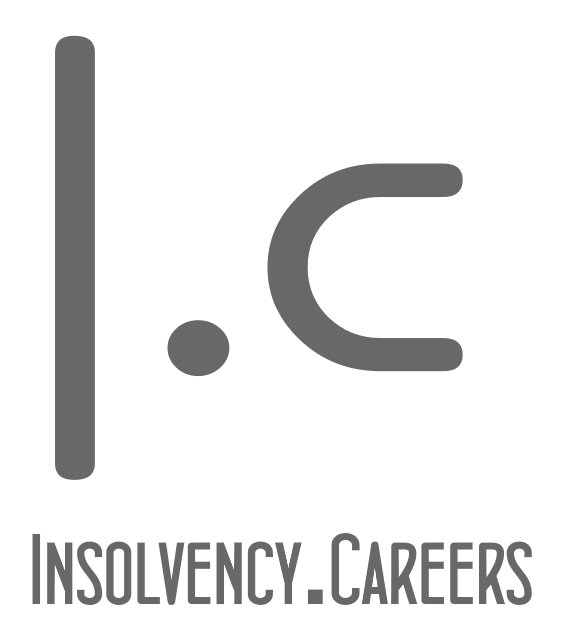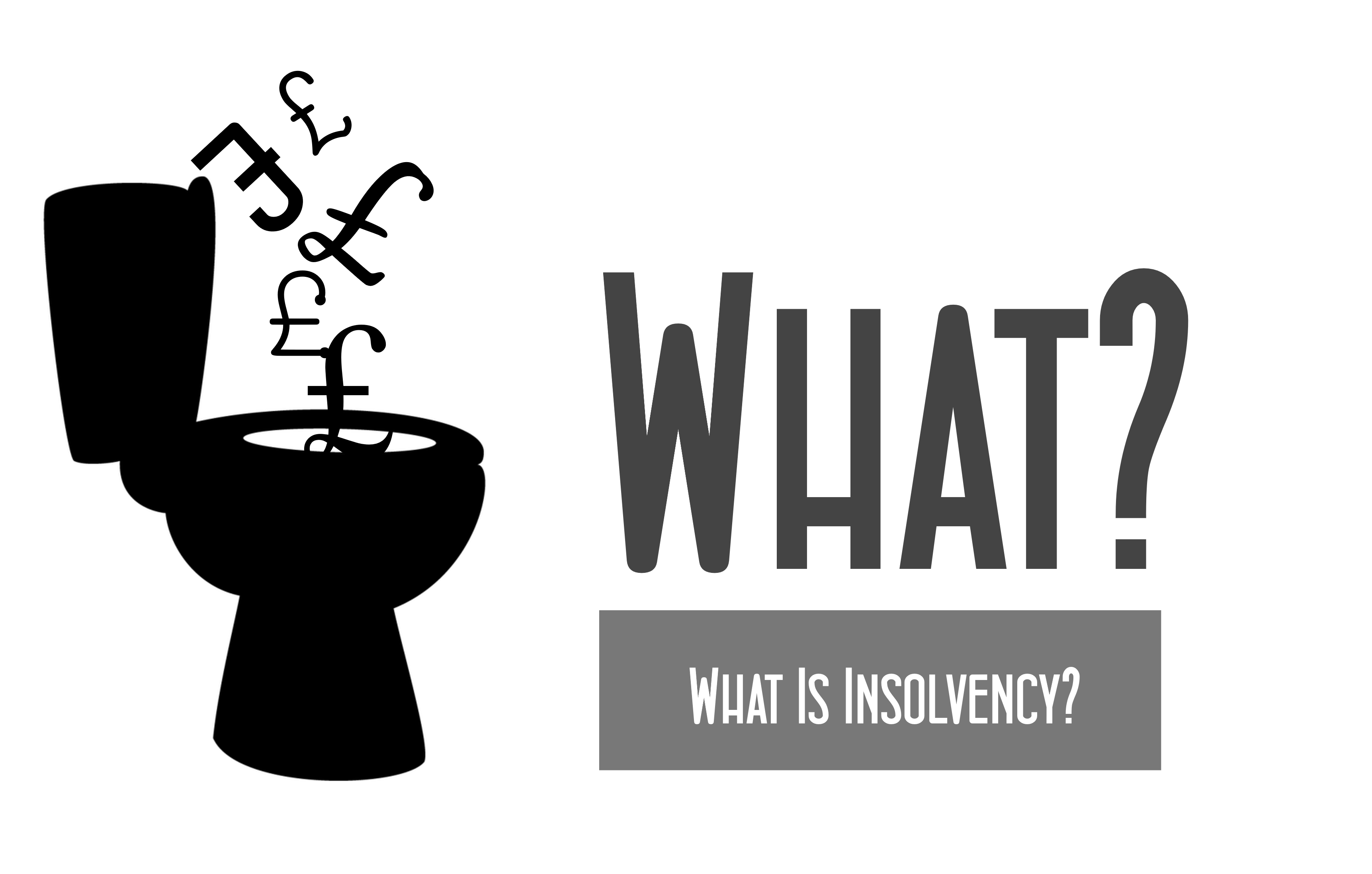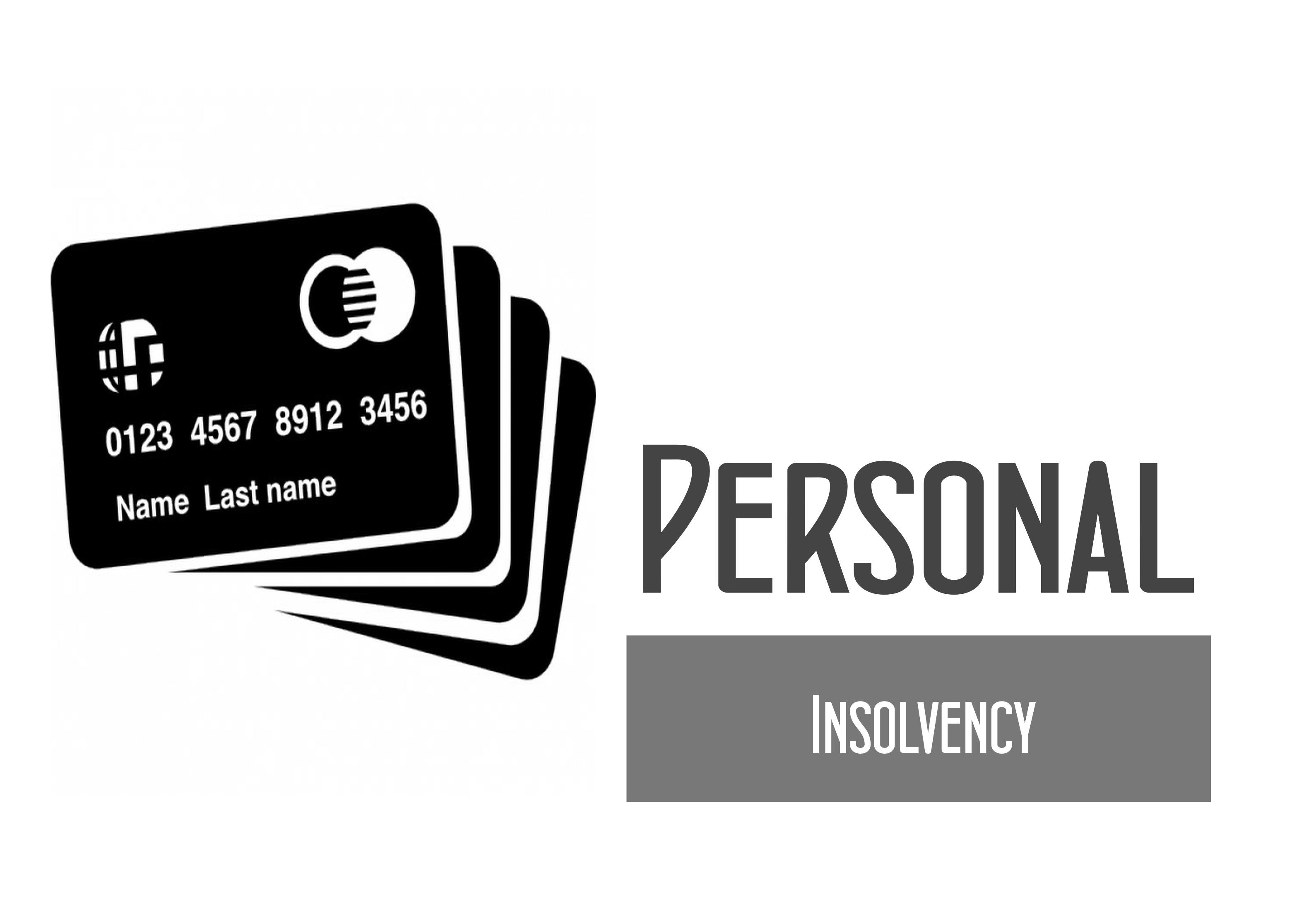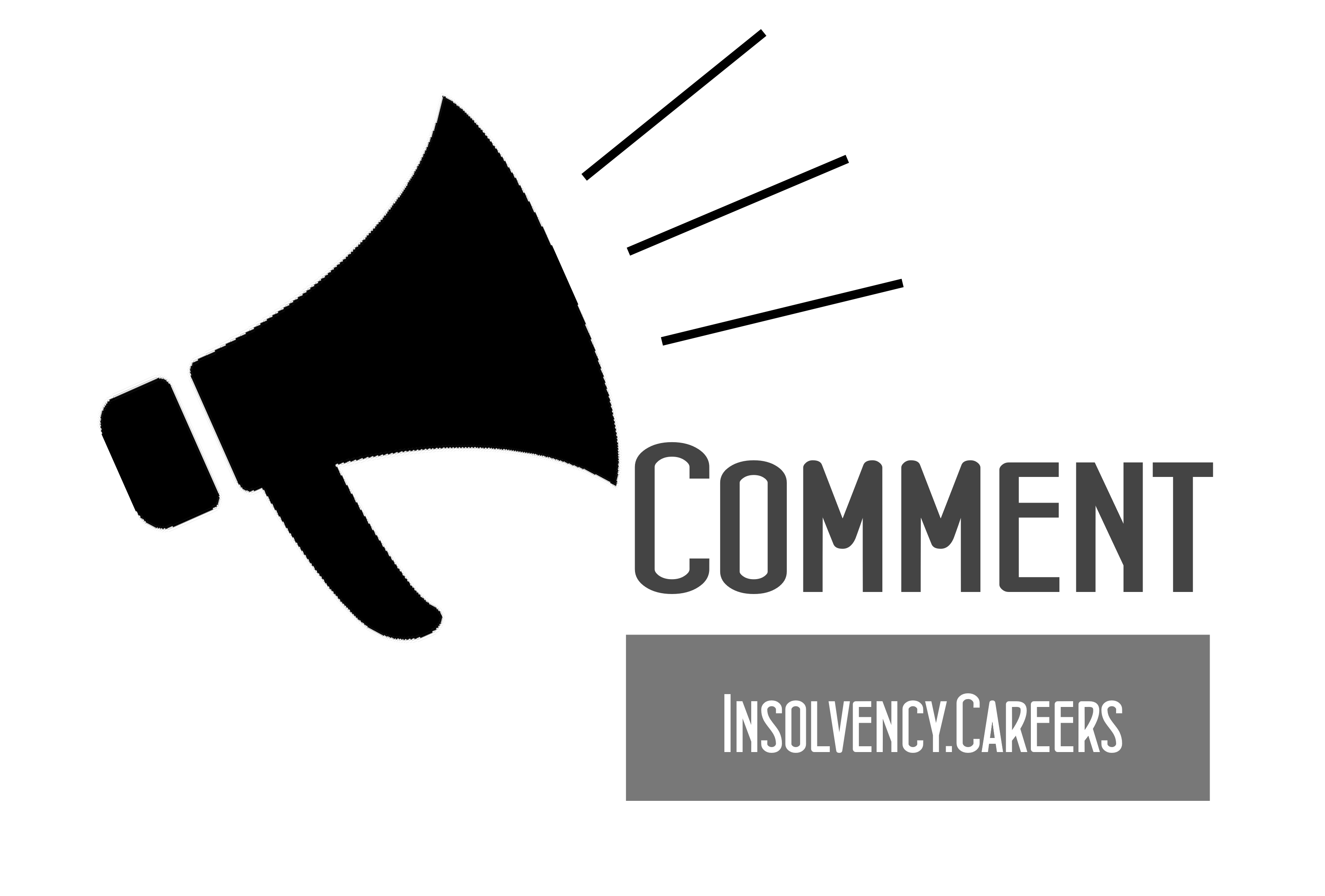Right!
Forget everything that you may think of as insolvency. Forget whatever you have been told in the media. Strangely enough you shouldn't believe what you read in the newspapers or on television and insolvency is a term that proves that point! Not so much "fake news" more "ignorant news"! Don't believe what your mate tells you in the pub.....again it may have elements of truth, it rarely portrays the insolvency profession as it actually is!
Complex!
Insolvency is a complex area covering a multitude of situations and each has its unique set of solutions. So get your brain in gear and be prepared to blow a few cells!
Insolvency, Business Recovery, Corporate Recovery, Turnaround, Restructuring, Advisory, Debt Solutions
Yes insolvency can mean all of these things and to a greater or lesser extent each of these terms includes an element of pure insolvency. It's all very confusing but as your career progresses, you will soon become familiar with the subtle differences.
In it's simplest form, "Insolvency" means insufficient assets to meet your liabilities or not being able to pay your debts when they fall due.
So is the balance sheet negative and/or is there a cash flow problem?Insolvency can affect individuals, like you and me, partnerships, companies and even state organisations like NHS trusts. Charities and working men's clubs can even go bust. Care homes, travel companies, solicitors and even accountants can become insolvent. Some of these businesses may be limited liability companies or they may be run by individuals or partnerships. The main thrust of insolvency tends to be manufacturing and service companies but that's not always the case.
If you continue to spend more of your salary than you earn, eventually you may become insolvent and have the need of an insolvency practitioner!
But please don't assume that when people talk about "insolvency" that it's the end of the business or curtains for the individual. Many insolvency practitioners also deal with many businesses and individuals before they become formally insolvent. This is where the real skill of the insolvency professional really comes to the fore, saving businesses and individuals from formal insolvency. This aspect can be referred to as "restructuring" or "recovery" or "advisory" or "turnaround"Confused Yet?
You will be! Now read about the different types of insolvency.
Core Insolvency
Related Services
Advisory includes:
Helping struggling businesses survive
Can include reviewing the business and assessing short, medium and long term finance requirements
Business Reviews include:
IBRs (Independent Business Reviews) - an indepth review of a trading business
Viability Reviews - assessing the viability of a business
Turnaround/Company Doctor includes:
Working with a company to get it through problems, possibly taking on some management responsibilities
Types of Insolvency Firms
Insolvency cases are always taken in the name of the "Insolvency Practitioner" or as they are affectionately known "IP's"! So an IP may be an employee/partner/director of an accountancy or insolvency firm but the case will be in his/her name personally. There are broadly three types of firm:
Professional Practices
- These are either large, medium or small accountancy firms or specialist insolvency practices
- They deal with corporate and/or personal insolvency
- Some will offer Advisory or other services
The Insolvency Service
- This is a government publicly owned and funded organisation that deals with personal bankruptcy and liquidations initiated through the courts
- Cases with assets are often passed to the private sector
- The Insolvency Practitioner is referred to as "The Official Receiver"
Debt Solutions Businesses
- These businesses tend to process large volume personal debt solutions e.g. IVAs and Debt Management Plans
- They may have an in-house IP or may refer formal insolvencies to a professional practice IP
Which Route?
"There is no doubt that the professional practice route offers the most potential opportunity to experience both corporate and personal insolvency and, depending on the firm itself, may also offer a broader range of services. The Insolvency Service provides good grounding into investigating what went wrong in a failed business or individual but cannot offer the potential diversity that many private practices can. Debt solutions businesses focus on personal debt problems. This type of role often suits someone who is looking for a administrative or processing position with the emphasis often being on processing large volumes of cases. Some may take on business debt cases, but there is often little scope to change direction at a later date if you find that personal insolvency is no longer holding your attention. "
Our Advice
"Your career may take you down one or more of these avenues. Try as many as you can and keep as many doors open as you can before specialising in one area. If your career is going to be a long and happy one, you may find what suits you today doesn't tomorrow, but beware as an ill thought through decision today may inadvertently close a door on your options tomorrow!
So be careful and steer your career in the best direction for you, but remember.......we are all different!"





